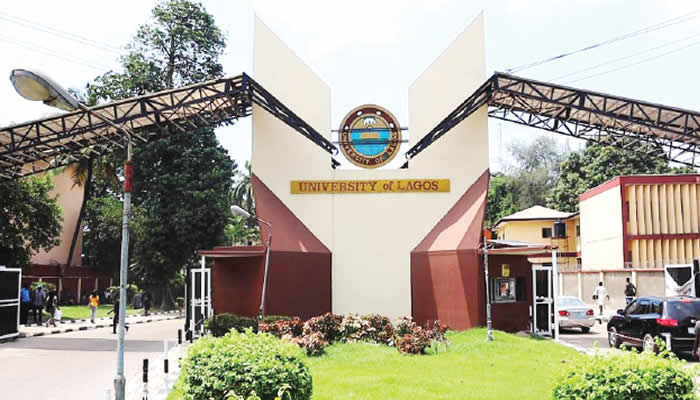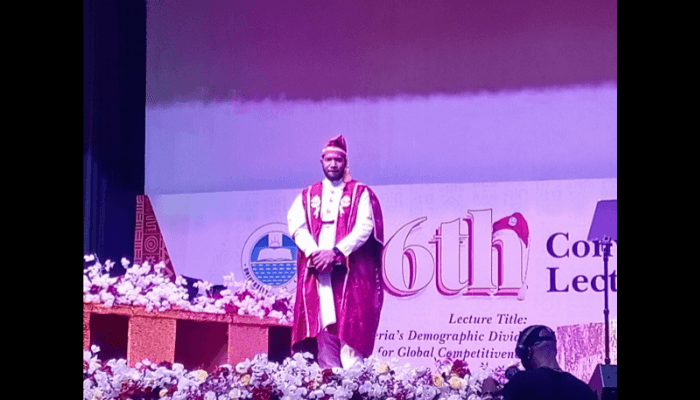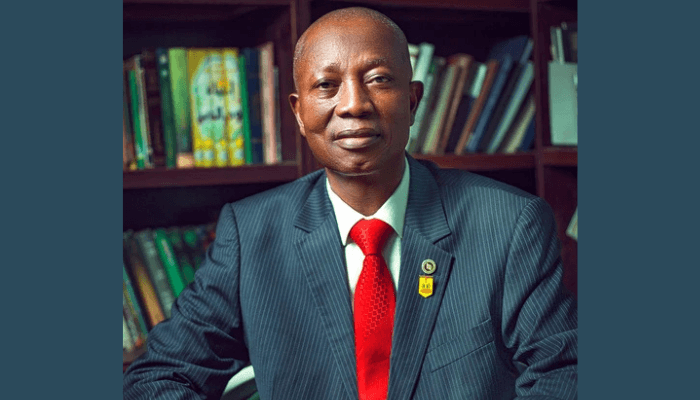One major aspect of learning that makes universities compete effectively globally is research. To every forward-looking country, research enjoys pride of place because it has been identified as the key to unlocking the world’s latent potential. In this regard, many stakeholders in the education sector have noted that if the nation’s tertiary institutions are to achieve world-class status, research efforts must be adequately funded.
They argue that in the developed world, higher institutions of learning are identified as centres for development. This is because it is from a well-funded research environment that ideas for societal growth come. In recognition of this fact, university lecturers have called on government to fund advanced research work so that the nation’s universities can remain relevant in global academic rating.
Akintunde Adeola, a research fellow at the University of Lagos (UNILAG), Akoka, advised that universities must invest in knowledge-based research because it provides educational, cultural and intellectual enrichment which come with social benefits, development and progress.
According to him, social development in the next 50 years, including improvements in living standards, rational utilisation of resources, preservation of ecological diversity and stability, among others, would depend largely on advancements in various academic disciplines, especially science.
“The objectives of scientific research, theory and methodology of application are varied. No single discipline can solve these complicated problems. Thus, multi – disciplinary efforts are needed,” Adeola stated.
According to him, it is the responsibility of the present generation to forecast the trend of development in science and other disciplines that will drive future generations in the right direction
Joshua Attach, the Coordinator of World Bank Projects in National Universities Commission (NUC) says management of the universities can’t keep talking about Research without it being responsible and take into account effects and potential impacts on the environment and society.
It is on account of the research that universities engage in that makes them either a leading university or a following university.
He urged Universities to work on Inter-disciplinary Research and establish Research Data Bank to assess the quality of work done by so doing they can measure the impact of work carried out.
On his part, David Ezendu, an education researcher, noted that research in any academic field entails a systematic investigation for capital development which has taken centre stage in Western universities.
Ezendu precisely noted that the main criterion by which “world-class universities” are ranked was not so much about the volume of teaching or student population, but through research output measured by findings published in award-winning journals and books.
He, therefore, wondered why government was short-changing professors and research fellows in Nigeria in the area of funding, adding that with the state of affairs in the nation’s situation, the country stands little chance of getting high ratings in international circles.
“Advancements in research work have made knowledge accumulation the most dominant form of today’s capitalist accumulation, responsible for launching the advanced countries to the top of the world,” he said.
According to Jegede Abiodun, a research fellow and education consultant, the whole concept of research in tertiary institutions is geared toward generating knowledge for economic development. He, however, expressed dismay that the idea has not yet dawned on the Nigerian ruling class and policymakers.
Abiodun further disclosed that any university professor who desires qualitative graduates that can hold their own globally must focus on good management of human and material resources. “It is important to recognise that the decline in university education generally and research particularly has been reflecting chronic underfunding which they have been subjected to in the past one-and-a-half-decades,” he stated.
The researcher informed that another major constraint bedeviling research in Nigerian universities stems from their being de-linked from the productive sectors of the economy. “It is not clear whether the conditions that exist in developing countries with research are sufficient to produce outcomes similar to those in the developed countries. But it is reasonable to assume that the rate of returns from investments in research are determined in large part by the overall level of funding capacity that is already extant in the country,” he added.
In his estimation, Nigeria as a nation vis-à-vis its universities cannot attain global recognition in any field without a properly funded research project outlook. “Nigeria as a country encounters daunting challenges,” he noted, adding that such challenges could have been easily overcome with appropriate research to prevent future recurrence.
KELECHI EWUZIE








